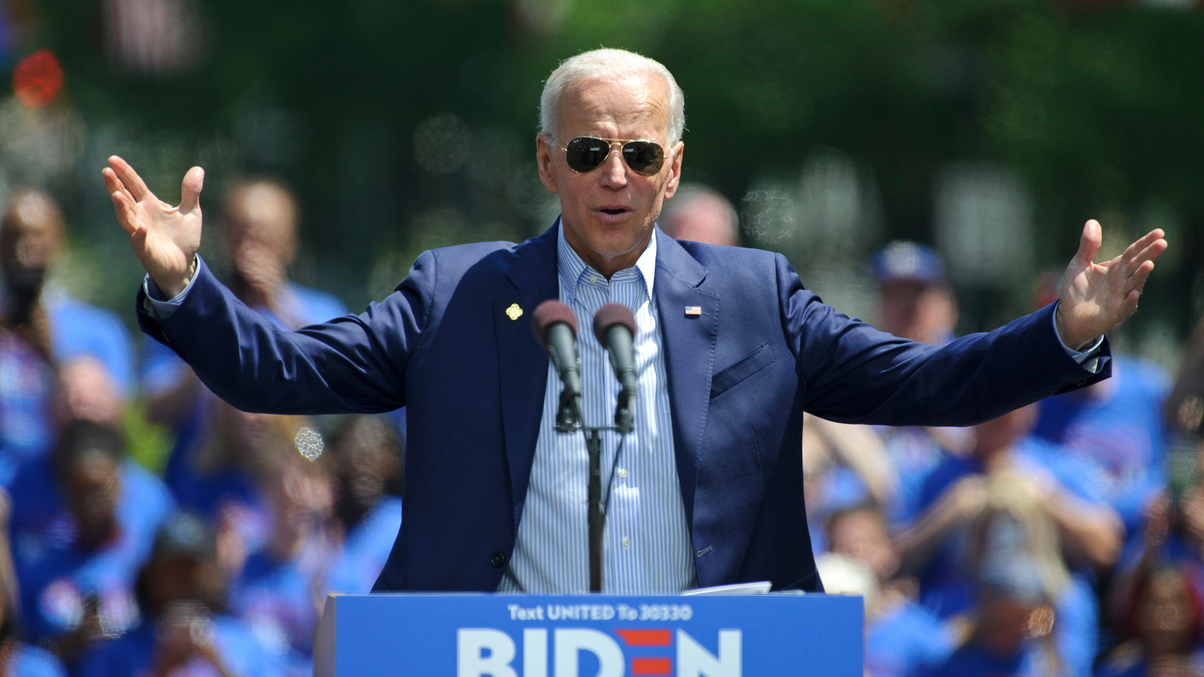How a Biden presidency could affect Asia investments
The incoming administration of Joe Biden will have very different priorities and instincts to those of Donald Trump. That will shift the region's geopolitics and investment possibilities.

The almost certain elevation of Joe Biden to the presidency of the US on January 20, 2021, promises to throw a new element of uncertainty into an already unpredictable year. But for astute investors, it could also offer opportune possibilities for the long-term.
Sign in to read on!
Registered users get 2 free articles in 30 days.
Subscribers have full unlimited access to AsianInvestor
Not signed up? New users get 2 free articles per month, plus a 7-day unlimited free trial.
¬ Haymarket Media Limited. All rights reserved.


